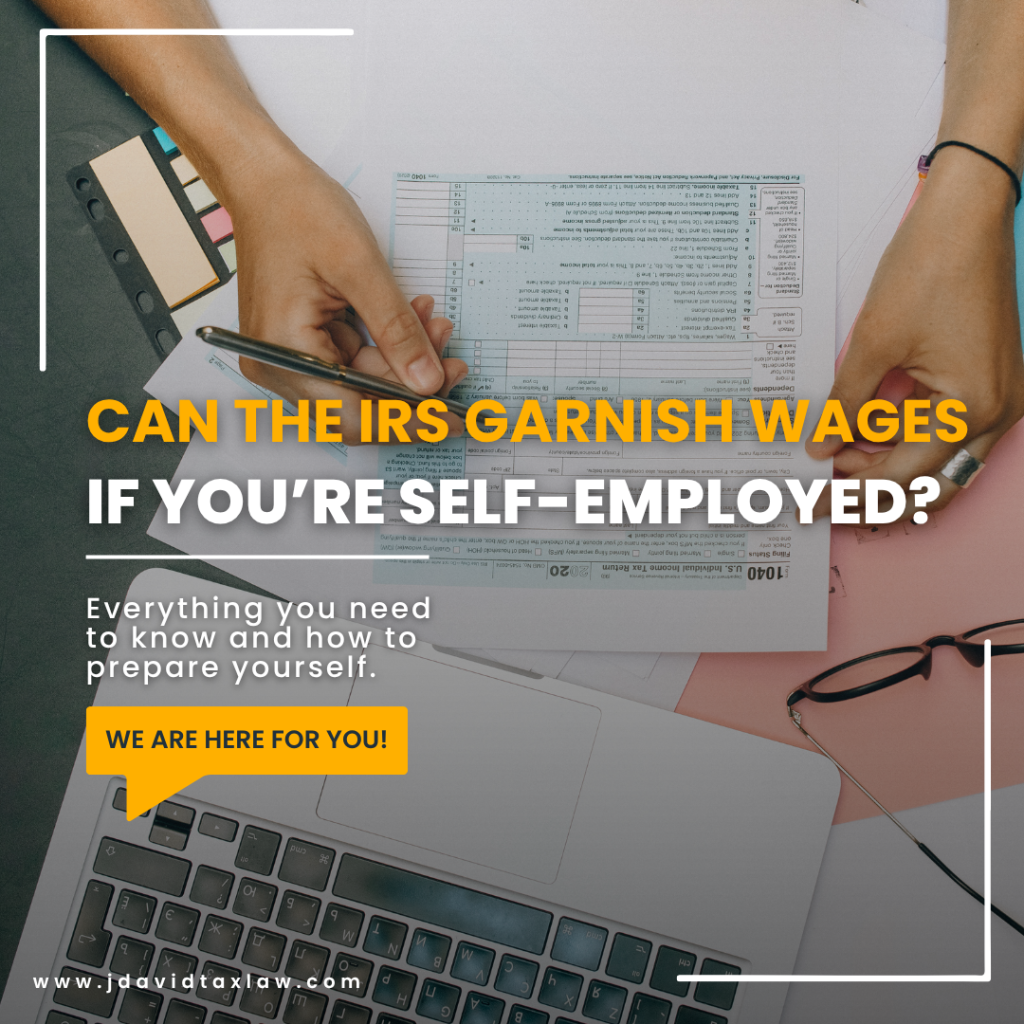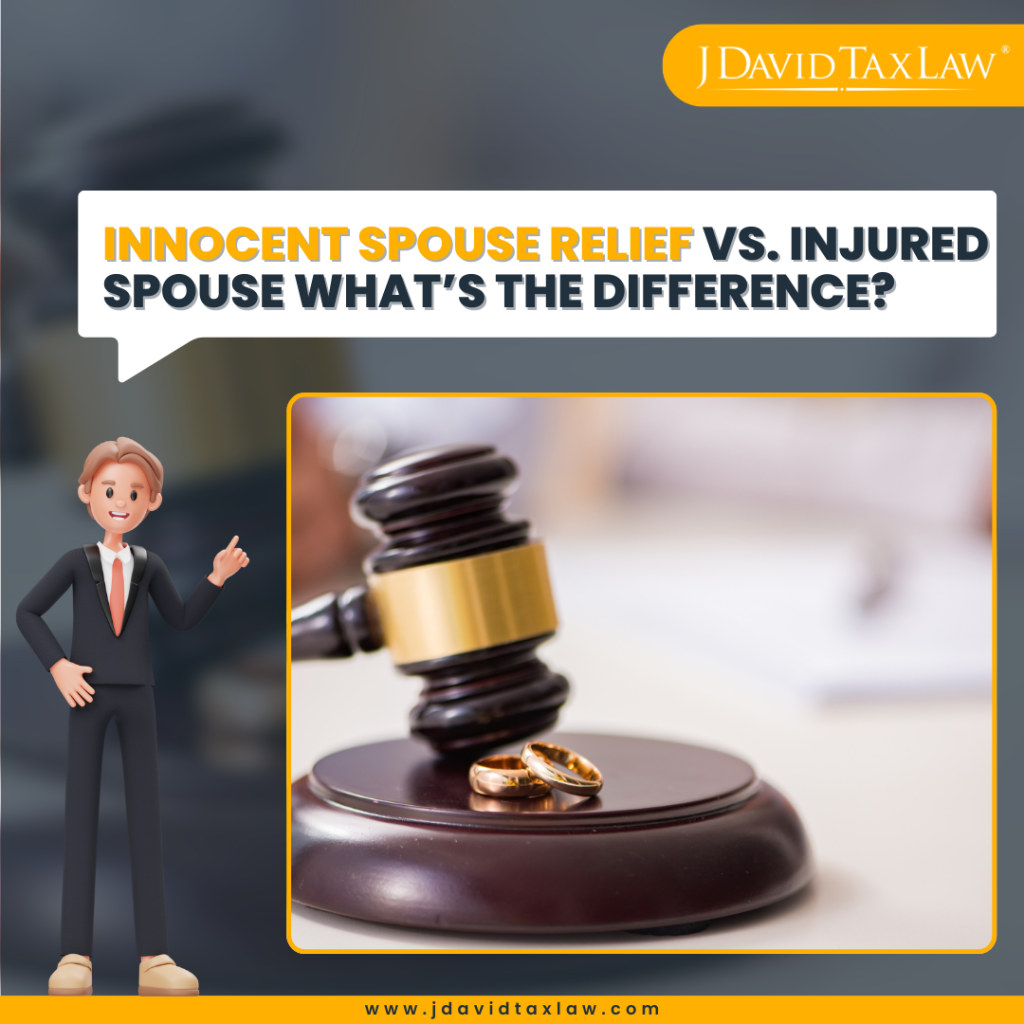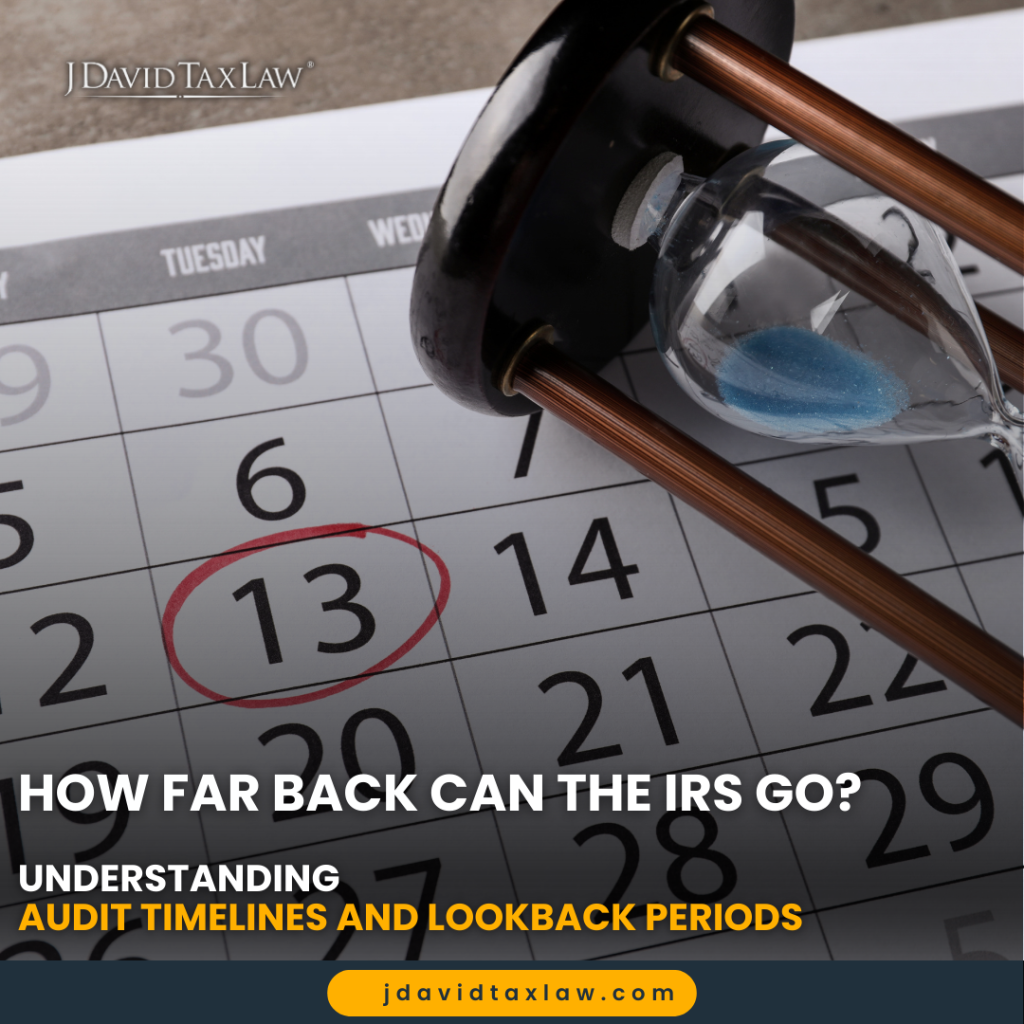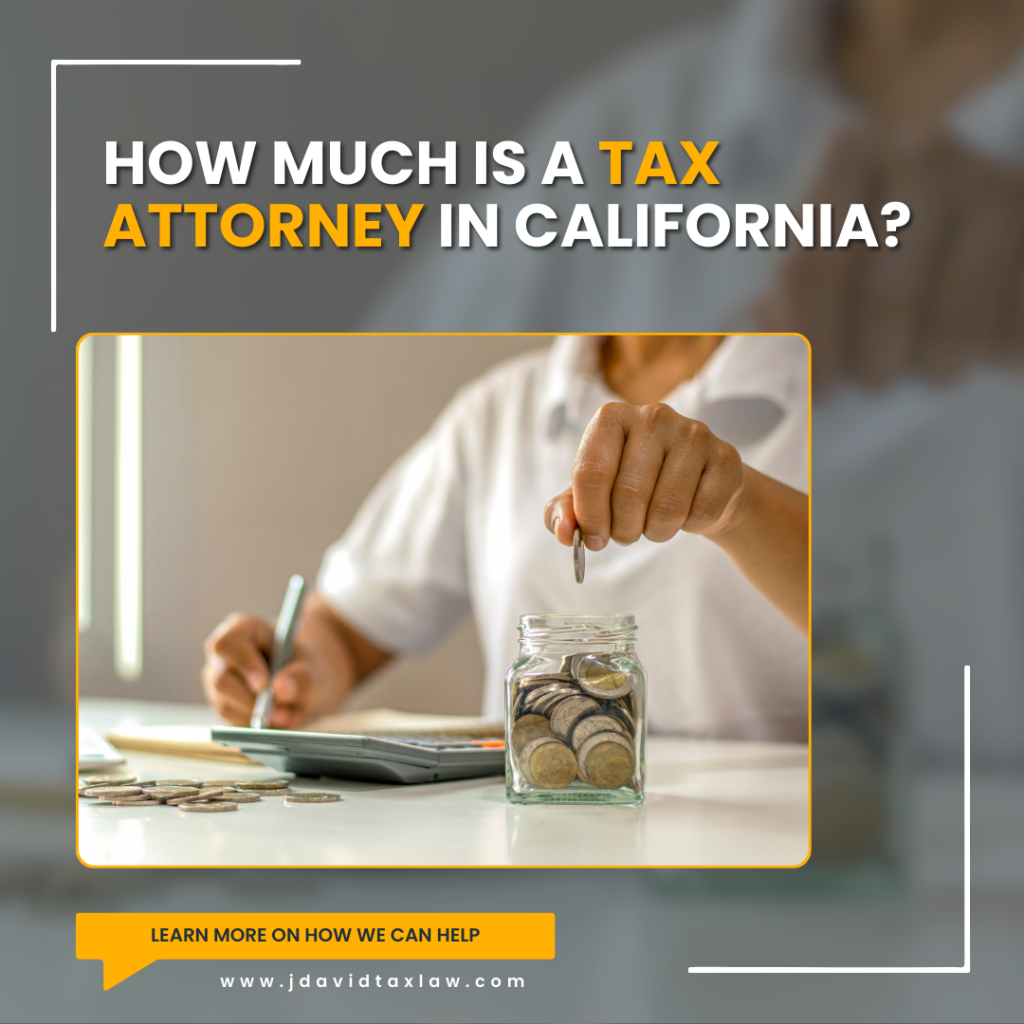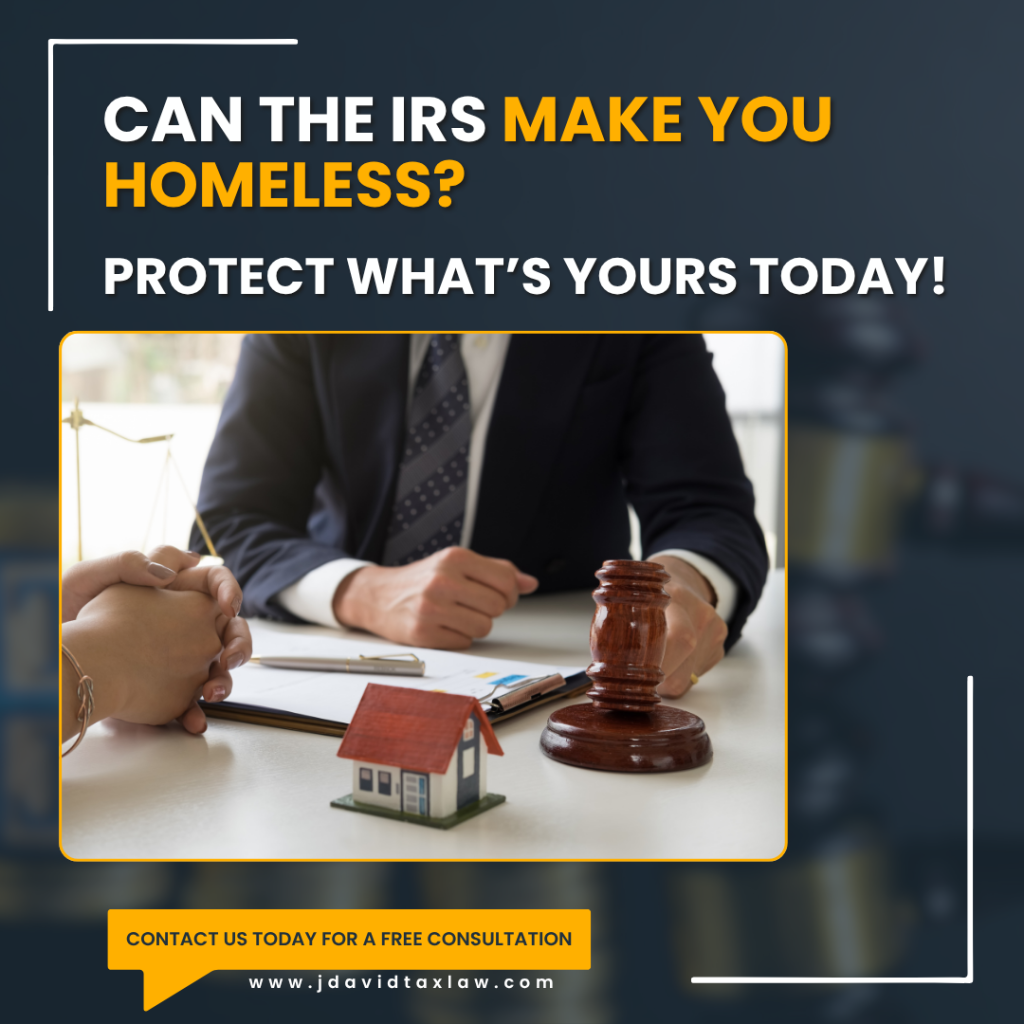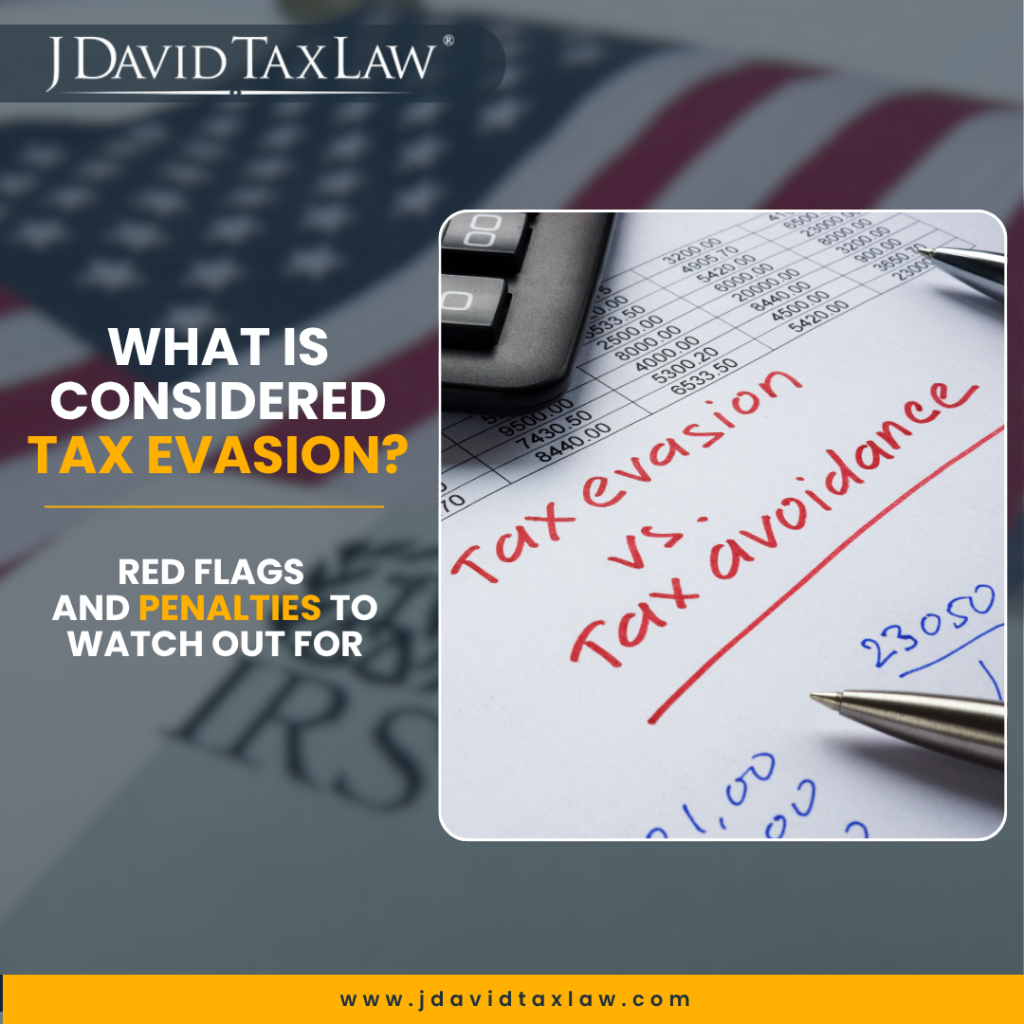Can the IRS Garnish Wages If You’re Self-Employed?
Yes, the IRS garnishes 1099 wages, although the process differs from that for W-2 employees. Instead of taking a portion of each paycheck, the IRS uses levies to seize your bank funds or intercept payments from clients.
If you’re self-employed and behind on taxes, this is more than just a paperwork issue. You don’t have an HR department to buffer you from the IRS. Your income and your relationships with clients are directly at risk. In some cases, the IRS can take 100% of what a client owes you before it even hits your account.
In this article, you’ll learn how IRS wage garnishment works for freelancers, gig workers, small business owners, and anyone earning 1099 income. We’ll also explain what to do if the IRS has already contacted you and how to stop a levy before it wipes out your income.
The IRS is Forgiving Millions Each Day. You Could Be Next.
How IRS Garnishment Works for Self-Employed Individuals
The IRS uses different enforcement tools depending on whether you’re a W-2 employee or a 1099 worker. According to the IRS, self-employed workers are individuals in trade or business, contractors, sole proprietors, and gig workers. For self-employed taxpayers, the term “wage garnishment” is a bit of a misnomer because what the IRS does is levy your income sources.
Instead of contacting an employer, the IRS can send a Notice of Levy to your:
-
Clients or contract partners (who pay you directly)
-
Business bank account
-
Merchant processor (like Stripe or PayPal)
-
Investment accounts
Once the levy is received, the payer or institution is legally required to forward your funds to the IRS. It’s the worst situation for self-employed individuals. All your expected and future payments for completed milestones will be sent directly to the IRS until your debt is paid in full.
Why Self-Employed Garnishment Can Be More Aggressive
How Much Can the IRS Garnish from Self-Employed Wages?
For W-2 employees, the IRS follows a standard formula to determine how much of your paycheck can be garnished, usually leaving you with just enough to meet basic living expenses. But for 1099 workers and self-employed individuals, the rules are different and often harsher.
Since 1099 income is not considered “wages” in the traditional sense, the IRS is not limited by wage garnishment exemption tables. Instead, they can issue a levy that seizes all payments from clients or customers until your tax debt is satisfied or the levy is released.
Here’s what this means in practice:
-
If you’re a freelancer or contractor and a client owes you $5,000, the IRS can direct the full $5,000 to be sent to them instead.
-
If you run your own business, they may target payments coming through merchant processors or other third-party vendors.
-
In some cases, they may even levy your business accounts, leaving you without funds to operate.
The only limit to how much the IRS can take is based on whether the funds fall under protected categories (like certain types of benefits) or if you negotiate a release or resolution.
In summary, it’s more important for self-employed taxpayers to quickly consult professionals for a resolution or apply for relief programs than any other category of taxpayers.
Consult J. David Tax Law for free resolution options if you’re battling an IRS levy.
Can the IRS Garnish the Wages of Self-Employers Without Notice?
No, the IRS cannot garnish your wages without providing advance notice. However, the timeline moves fast, and many taxpayers don’t realize how close they are to enforcement until it happens.
Before garnishment begins, the IRS is required to send several notices:
-
CP14 Notice – First notice of a balance due.
-
CP501 or CP503 – Reminder notices about the unpaid tax debt.
-
CP504 – Final notice before enforcement; warns of intent to levy.
-
LT11 or Letter 1058 – Final Notice of Intent to Levy and Your Right to a Hearing.
If you receive the LT11 or 1058, that means the IRS is legally allowed to begin garnishing wages or seizing assets 30 days after that notice is sent unless you take action. This is your final chance to:
-
File a Collection Due Process (CDP) appeal
-
Negotiate an installment agreement or settlement
-
Request a temporary hold or Currently Not Collectible (CNC) status
Once that deadline passes, garnishment can begin without further warning, and for self-employed individuals, this could mean full seizure of client payments or accounts receivable.
How Self-Employed Taxpayers Can Prevent or Stop IRS Garnishment
If you’re self-employed and the IRS is threatening or has already started garnishing your income, the path to protecting your earnings starts with immediate action. Unlike W-2 employees whose paychecks are garnished through employers, the IRS can directly target 1099 workers:
-
Business bank accounts
-
Payments from clients
-
Accounts receivable
-
Future federal refunds
Options to Prevent or Stop Garnishment:
-
Respond Promptly to IRS Notices
The IRS is required to send a final notice of intent to levy (usually Letter 1058 or LT11). Once this is received, you have 30 days to act before garnishment begins. -
Request a Collection Due Process (CDP) Hearing
Filing for a CDP hearing can pause enforcement while you explore resolution options. -
Pursue a Tax Resolution Plan
Options include an Installment Agreement, Offer in Compromise, or a hardship-based Currently Not Collectible (CNC) status. -
Ensure Tax Filing Compliance
You must file all required tax returns to qualify for most resolution options. If you haven’t filed in years, now’s the time to catch up. -
Work With a Tax Attorney
A tax attorney or CPA can contact the IRS immediately, negotiate on your behalf, and protect your self-employed income while a resolution is pursued.
Acting early is the key. The longer you wait, the fewer options you’ll have to protect your income from IRS garnishment.
How a Tax Attorney Helps Protect 1099 Income
When you’re self-employed, your income has fewer built-in protections than a regular employee’s wages. The IRS can issue levies directly to clients, banks, or anyone who owes you money. A tax attorney can be your best line of defense, using legal strategies to safeguard your 1099 income and keep your business running.
Here’s how a tax attorney can help:
File Appeals and Secure Collection Holds
If you’ve received a notice of intent to levy, a tax attorney can immediately request a collection hold and file the appropriate appeals. This can buy you time and stop enforcement actions before they affect your income.
Negotiate Smart Settlements
Attorneys experienced in tax resolution can pursue an Offer in Compromise or an installment agreement that reflects your real financial situation. This can reduce what you owe and prevent future levies.
Prevent Third-Party Seizures
By addressing the debt proactively, your attorney can help stop the IRS from issuing levies to clients or vendors, protecting your reputation and relationships.
Navigate Complex Tax Law
Many self-employed taxpayers unknowingly increase their risk through reporting errors or missed estimated payments. A tax attorney ensures you’re compliant while building a strategy to resolve past issues.
Preserve Business Continuity
For independent contractors and small business owners, losing access to income can mean shuttering your business. Tax attorneys can act quickly to protect operations while resolving your debt.
The sooner you involve a professional, the more options you’ll have to limit damage, stop enforcement, and regain control over your finances.
Don’t Wait for the IRS to Garnish Your 1099 Wages
If you’re self-employed and behind on taxes, the IRS can and often will take aggressive collection action. Unlike regular wages, 1099 income is easier for the IRS to target with third-party levies or bank seizures, and it’s rarely protected by exemptions. The sooner you take action, the more options you’ll have.
Get a free consultation before the IRS takes your next paycheck.
FAQs: IRS Garnishment for Self-Employed Individuals
Can the IRS Garnish My Freelance or Contractor Income?
Will the IRS Take All My Money?
What Happens If a Client Receives a Levy Notice About Me?
Can I Stop Garnishment Once It Begins?
Yes, you can stop IRS garnishment after it starts but it requires swift action. You’ll need to either pay the balance, enter into a resolution (like an installment agreement or Offer in Compromise), or prove that the levy creates serious financial hardship. A tax attorney can step in immediately to request a collection hold and begin resolution negotiations.





